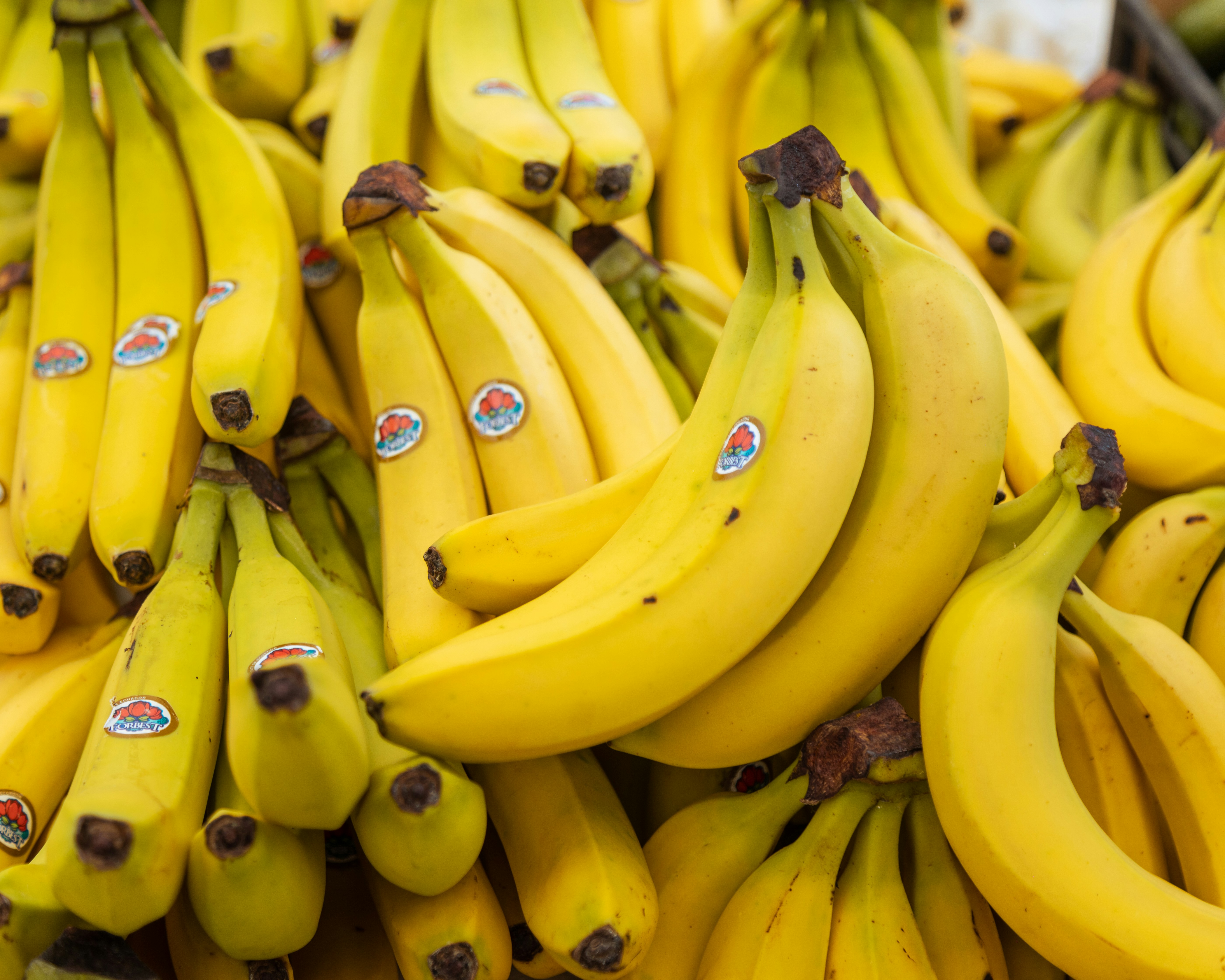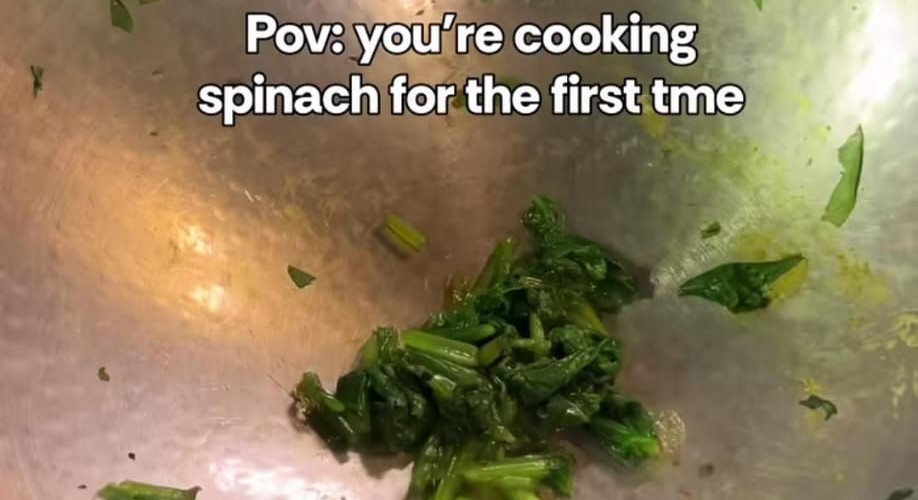Street food is an integral part of any cuisine. There's a special charm of the food being prepared at a live counter before being served and eaten at the roadside itself. But did you know that this tradition was around as early as 79 AD? Archaeologists have made an extraordinary find of a frescoed hot food and drinks shop, serving the ancient equivalent of street food to Roman passerby's. The discovery was made in Pompeii, a city south of Naples which was buried due to a volcanic eruption.
The street food shop was unveiled on Saturday, 26th December in Pompeii archaeological park's site Regio V, which is not yet open to public. The 'Termopolium' or hot drinks counter was decorated with colourful frescoes depicting what was being sold at the stall, including chicken and duck meat. There were also traces of 2,000 year old food found inside the deep terracotta jars at the site, which were presumably lowered into the food stall counters with deep circular holes. Archaeologists also found ceramic jars for cooking soups and stews, wine flasks, amphora and a decorated bronze drinking bowl known as 'patera'.
A Roman-era fast-food stall was unearthed in the ruins of Pompeii, with traces of food remaining in some 2,000-year-old jars https://t.co/p9wal3jotLpic.twitter.com/RimLx1FyE5
— Reuters (@Reuters) December 27, 2020
(Also Read: World's Oldest Tea Found in Chinese Emperor's Tomb)
"Our preliminary analyses shows that the figures drawn on the front of the counter, represent, at least in part, the food and drink that were sold there," said Valeria Amoretti, a site anthropologist. "This is an extraordinary find. It's the first time we are excavating an entire termopolium," said Massimo Ossana, director of the Pompeii archaeological park.
Amoretti said traces of pork, fish, snails and beef had ALSO been found in the containers, which she said was a "testimony to the great variety of animal products used to prepare dishes." About two-thirds of the 66-hectare (165-acre) ancient town of Pompeii has been uncovered till date. The ruins were not discovered until the 16th century, and organised excavations began about 1750. A rare documentation of Greco-Roman life, Pompeii is one of Italy's most popular attractions and a UNESCO World Heritage Site.












